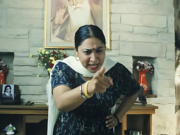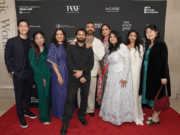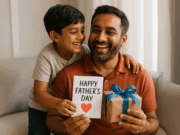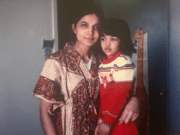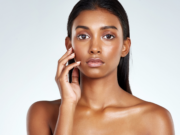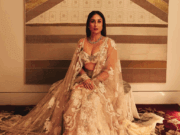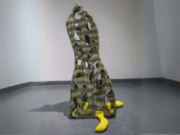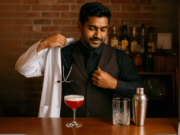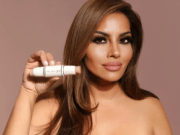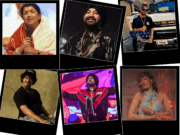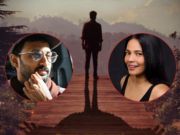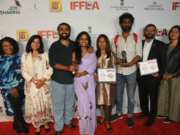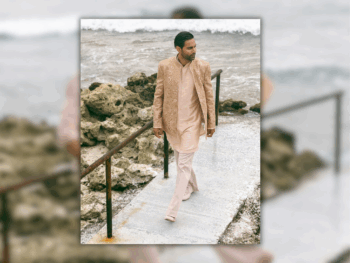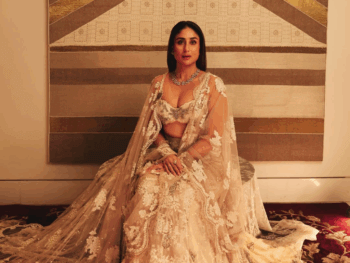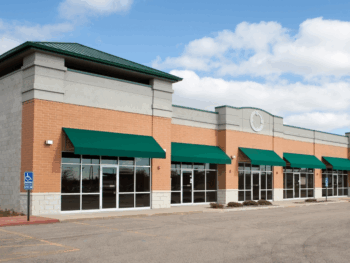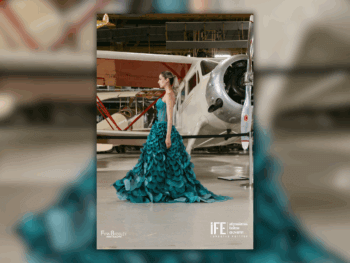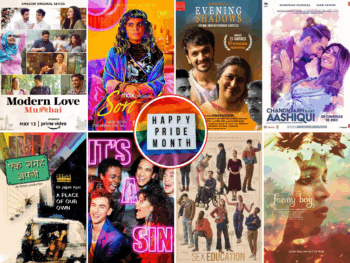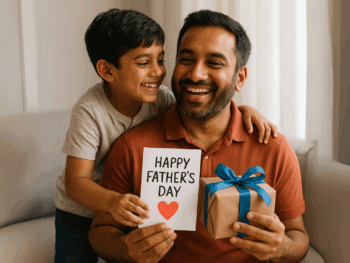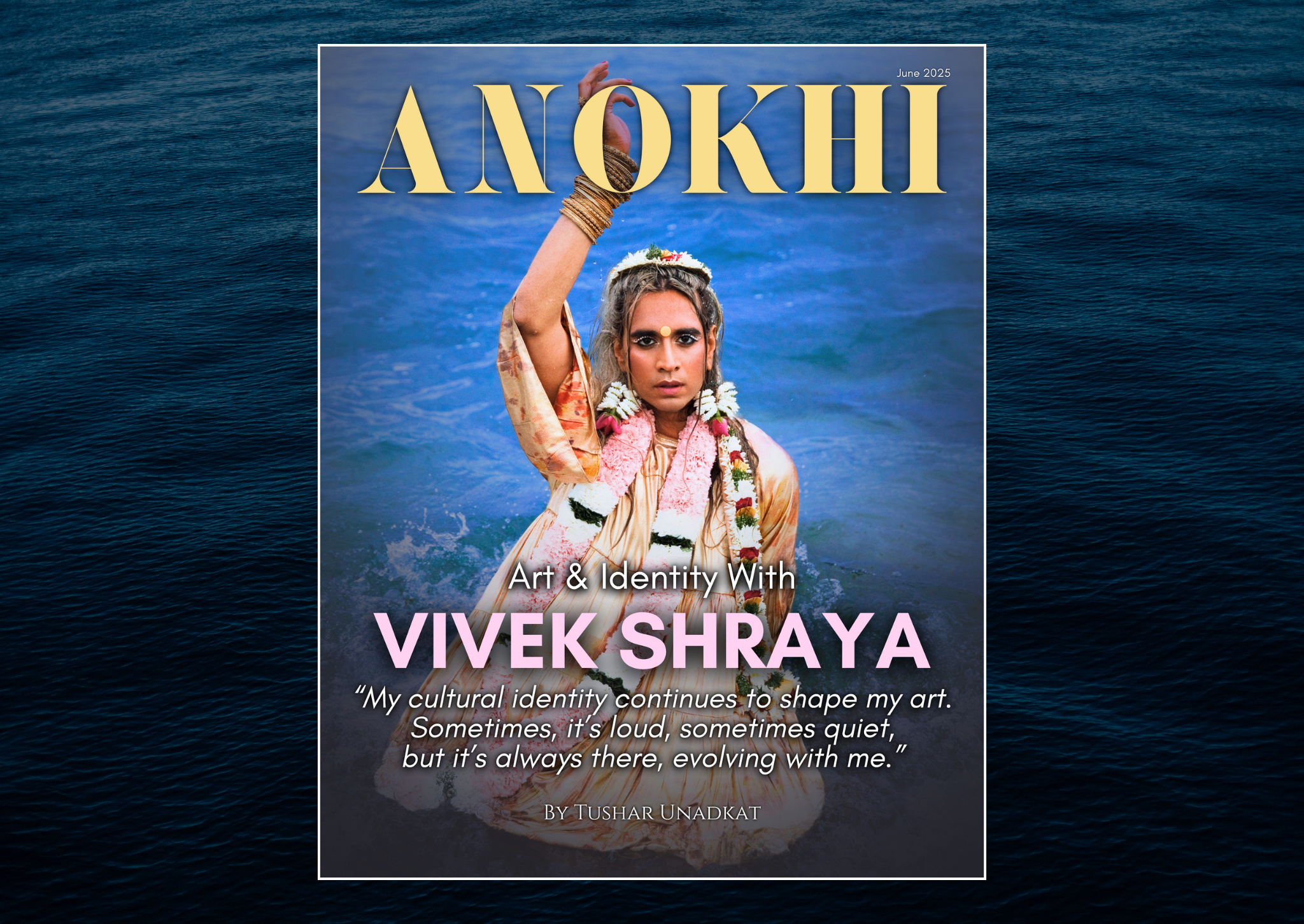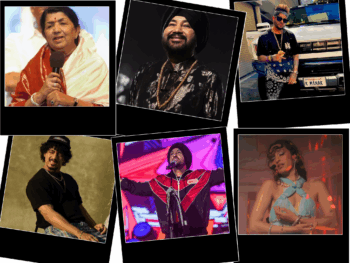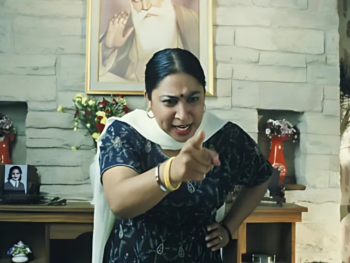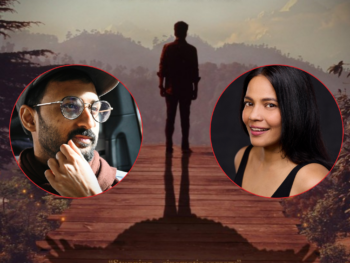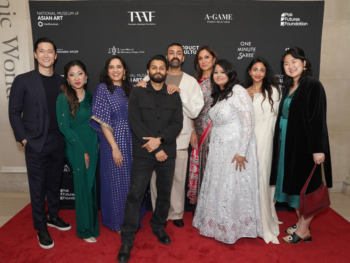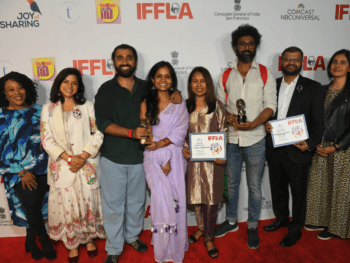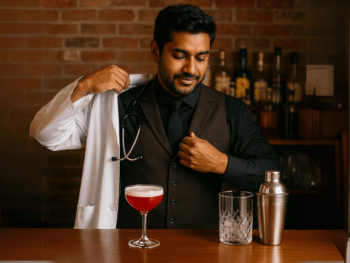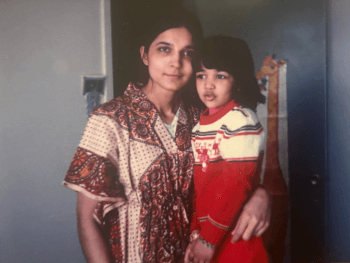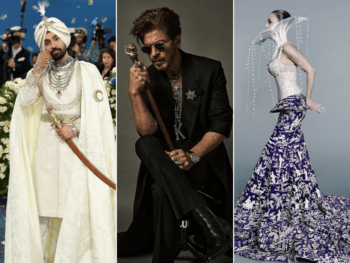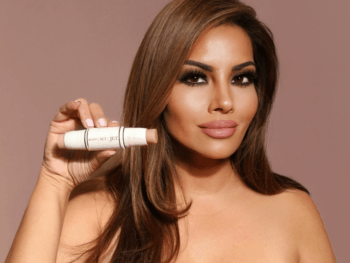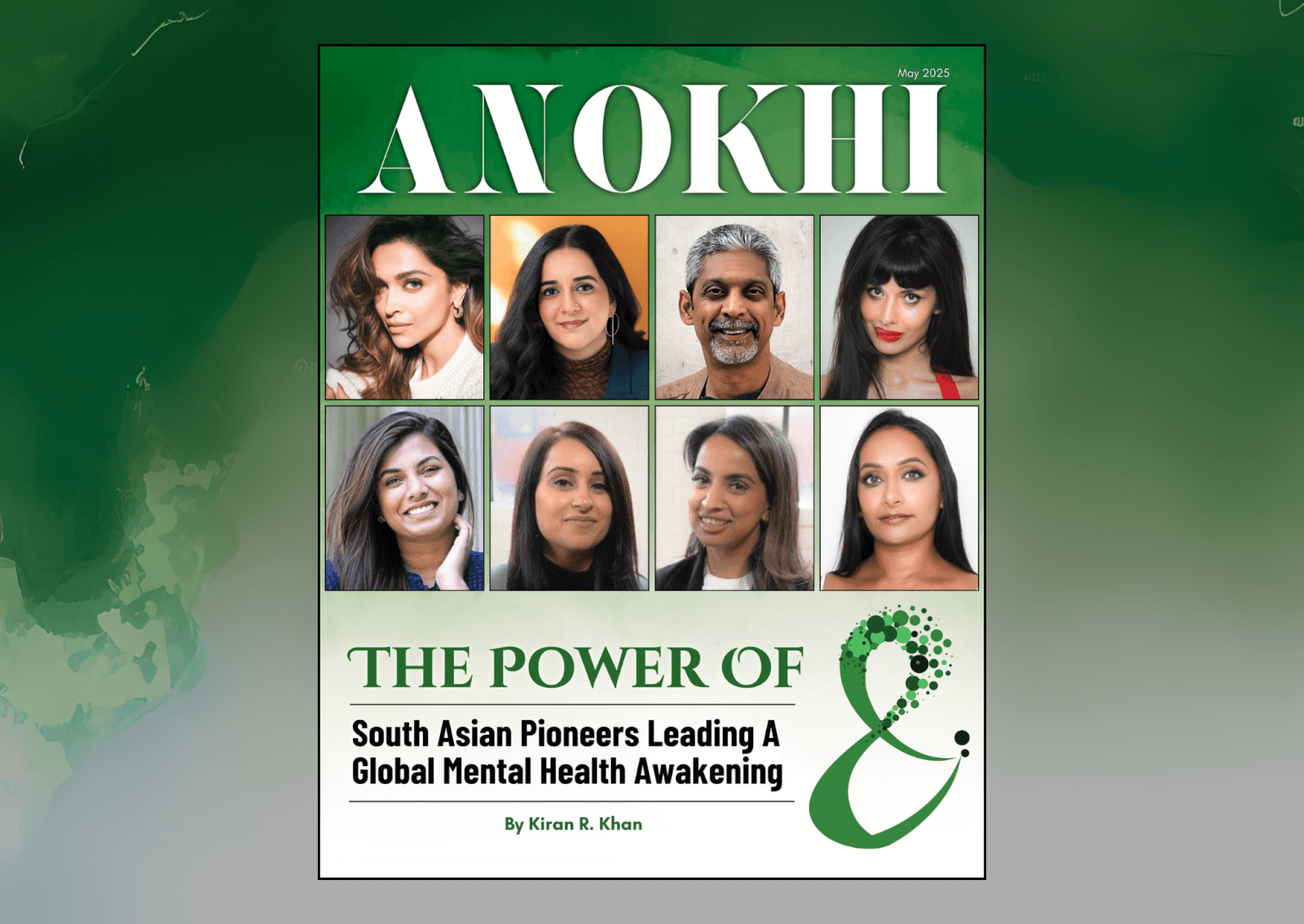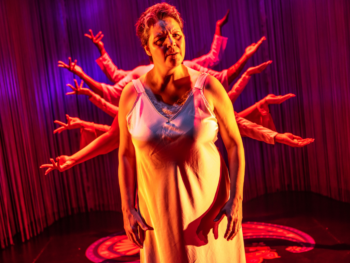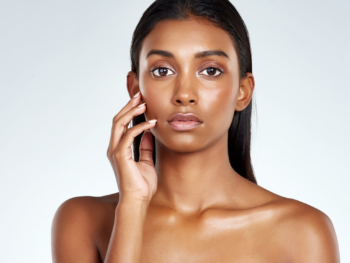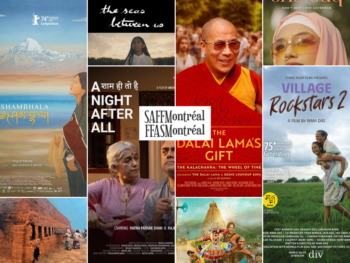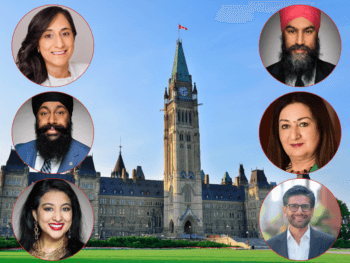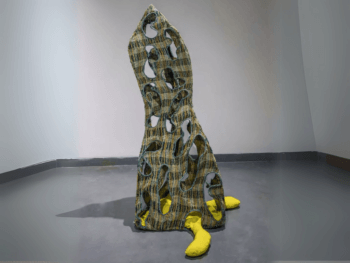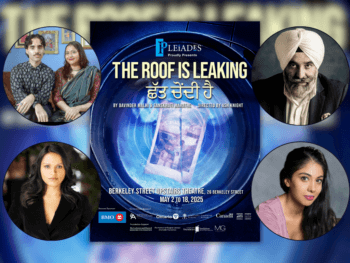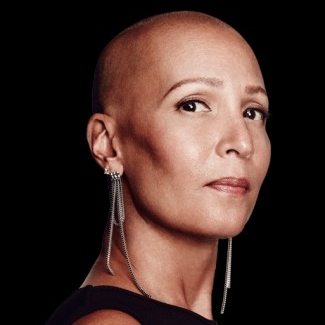
When a woman receives a cancer diagnosis she goes through overwhelming changes, both physically and emotionally. Especially for the South Asian community where the change in physical appearance (most notably the consequential hair loss during treatment) can be a most trying time. And while it’s easier to recognize, and therefore empathize with and support her with the physical symptoms of the disease, it’s not as simple to see and tend to the emotional havoc a cancer diagnosis conjures for 96,400 Canadian women annually, according to the Canadian Cancer Society. The charitable foundation Beauty Gives Back aims to shift focus on what they have coined the “cancer blues” and support women during this difficult time. ANOKHI speaks to Sherry Abbott, the executive director of Beauty Gives Back and a 25-year survivor of cancer.
Can you please share a little about your personal journey and fight with cancer?
I was just 30 years old when I was diagnosed with ovarian cancer. Actually I was misdiagnosed for a very long period of time, almost nine months. But at the time I started losing weight and having all the typical symptoms of ovarian cancer: being primarily lower back pain, severe heartburn and indigestion. I was actually diagnosed with stage four advanced, small cell ovarian cancer. Back in the day I was told there was no treatment for that particular advanced form of cancer. And my reply of course to the doctors was, “Are you kidding me? How can you give up on me, when I haven’t given up on myself?”
What inspired you to create Beauty Gives Back?
I was really just an employee in the beauty industry, working at Revlon as the director of public relations. So when I was in the hospital, quite literally the beauty media and the people I knew in the industry from my role in the PR world, rallied around me to support me. I was given about three months to live, so it was amazing to see the kind of support that I got from others. This was something my oncology team was very inspired by and they felt that maybe there was something we could do. So the idea came from a collaborative initiative of the cosmetic industry at-large, not just me personally. But maybe because of me. I was on the board for the Canadian Cosmetic, Toiletry and Fragrance Association Foundation (rebranded in 2014 as Beauty Gives Back) and we did a review of the program our sister organization in the U.S.A. had launched — the Look Good Feel Better Program — and decided to help women here in a similar way.

What is the purpose of the Look Good Feel Better program?
Look Good Feel Better was built on the premise that when a woman is undergoing cancer treatment, because of the impact the cancer treatment can have on her appearance and self-image, it was felt that by helping those women to look and feel more like themselves, that they would be empowered to beat their cancer with greater confidence. Currently we are in 118 cancer facilities and hospitals across the country and we offer 1,500 free workshops each year. About eight to 10 women come together early in their diagnosis, in a safe and supportive environment, where trained volunteers provide gentle guidance on things like cosmetic hygiene, how to create the look of lost brows and lashes, how to give their skin a healthy looking dash of colour, how to choose and apply wigs and also creative hair alternatives from scarves to hats. The women end of up learning from one another and sharing that they are on a similar journey. Anytime you can learn something new at a time you feel so compromised and everything is out of your control, it inspires you to take back some of that control.
How does your platform, facingcancer.ca, support women with cancer?
It is a collaborative initiative with Shoppers Drug Mart, who has been our title sponsor for the past five years. Often, women, after they’ve finished their cancer treatment, feel like they are cut free. There is a big societal misconception that once treatment finishes life goes back to normal. This is a place where women with cancer at any stage of their cancer journey can read blogs, ask questions and share, connect and confide about some of the challenges they're facing, whether they are a patient, a caregiver, a family member or a friend. There are so many different cultural scenarios that might be involved with anyone with a cancer diagnosis. Some cultures may be more open to others knowing about their experiences, while others may not. So providing an online forum like facingcancer.ca is important.
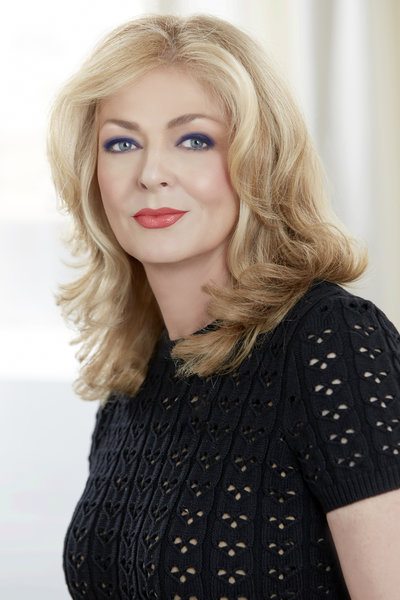
On June 18th, 2015, Beauty Gives Back launched Wink Day. What is the hope behind this awareness campaign?
The idea is simple: wear blue eye makeup in support of women going through the emotional trauma of the cancer blues. Put on blue eyeshadow, take a short video of yourself winking and post it on social media (Twitter, Facebook or Instagram) using #WinkDay. The Wink Mobile also travels to various locations around Toronto providing blue eye makeup applications and taking videos/pictures in support of combatting the cancer blues.

Can you reveal some of the general concerns present for South Asian women who are facing Cancer treatment and those particularly around hair, in a culture where it is coveted so much?
During the years that I traveled and worked in South Asian, I became well aware that a woman's hair is regarded as a regal symbol of her health, general wellbeing and most certainly beauty of course. In fact, I believe that the term we often refer to as a woman's hair being her 'crowning glory' would have most certainly originated in South Asia.
Thankfully there are many hair alternatives women can use to manage hair loss, especially with the broad range of wigs available ranging from synthetic and blends to human hair styles, all which can help a woman face cancer head on, and by doing so look and feel more like herself.
Why do you believe it is so taboo to ask for help in many cultures when facing the emotional challenges of cancer?
In the research we have done, we have learned that less than three per cent of all cancer-care funding in Canada is dedicated to supporting the emotional or psycho-social impact of cancer. Emotional challenges should not be referred to as a problem or a sickness themselves. They should be looked at. That part of the individual deserves to be supported and cared for. We know from the work we’ve been doing for the past two decades, that those who have support for the emotional effects of cancer are able to face the challenges with more resilience.
Photography courtesy of www.beautygivesback.ca
